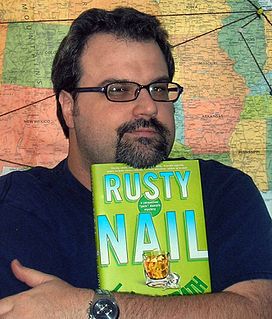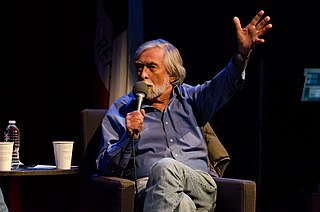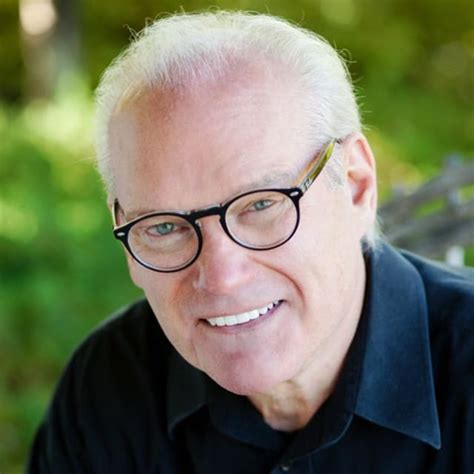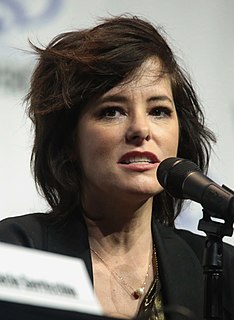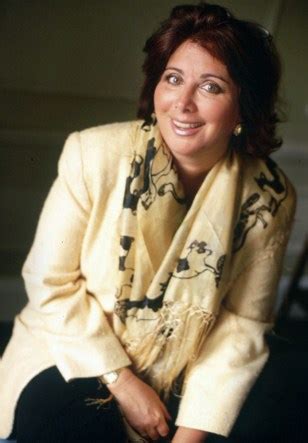A Quote by Howard Jacobson
As soon as I finished 'The Finkler Question,' I was in despair. I'd changed my English publisher because they'd been lukewarm about it and not offered enough money. The American publisher didn't like it. The Canadian publisher didn't like it... I'd been bleeding readers since my first novel, and I could see my own career going down.
Related Quotes
No publisher should ever express an opinion on the value of what he publishes. That is a matter entirely for the literary critic to decide. I can quite understand how any ordinary critic would be strongly prejudiced against a work that was accompanied by a premature and unnecessary panegyric from the publisher. A publisher is simply a useful middle-man. It is not for him to anticipate the verdict of criticism.
Having 'The Expats' not be 'wholesale-y' rejected by the world made it possible for me to write the second book and have a publisher buy it before it was entirely written. And it made it easier for me and my publisher to get 'The Accident' out into the world without trying to convince people to pay attention to it the way you do for a first novel.
I sent a lot of publishing ideas to my publisher, about 30 of them. Each time except 3, i got a "rejection letter". This is basically what a rejection letter is like: Hello Pathetic Moron, We read your book. It sucked. Don't send us another one. If you do, we will run over your grandmother with a bus. Don't Do It. From, Your Publisher






